Once every thousand years, an individual comes along and changes the course of history. But individuality in a global interconnected post-modern digital era is different. In a world of seven billion people it’s hard to be heard. A single voice is lost in the drone of Hollywood celebrities, rock stars, and super athletes. One person alone can no longer make major changes to culture. But collectively, if enough people agree to think upon the same thing, that one thing can define a generation.
If that one thing is big enough and the crisis is urgent enough, and a sufficient number of people join together, a movement is born that can change minds and hearts, and influence policy makers.
The 1 percent want things to be the way they are, or better for them. The rest want to prevent things from getting worse, and to restore a culture of fairness and equality for all. Consumers matter, because it is what we buy that keeps capitalism alive. Even corporations know that.
According to a PWC poll, most CEOs recognize the need for changes that minimize negative environmental impact and support sustainable development. http://www.pwc.com/gx/en/sustainability/rio20/ceopoll-infographic.jhtml
A national Capstrat-Public Policy Polling survey found that 59 percent of consumers consider products’ environmental sustainability to be “very important” in their buying decisions. And 56 percent noted they would pay “a little” to “significantly” more for a product that was environmentally friendly.
https://www.capstrat.com/posts/consumer-interest-sustainability-remains-consistent-through-downturn/
That’s basically good news. But it’s not all so bright. GlobalScan reported that 78 percent of sustainability experts believe the current economic system must be substantially overhauled and 77 percent believe that major catastrophes will need to occur before governments act on sustainability. http://www.globescan.com/
As long as things are not that bad, corporations and governments – the 1 percent – are more concerned with their self-interests than the good of people or the health of the planet. Catch phrases are common, but little gets done. Sustainability is so “in” that within a decade the word itself has become passé. By itself, the concept of sustainability has not powerfully defined a generation, as did the anti-Vietnam War flower children or desegregation, or even as much as the Internet and smartphone revolution.
However, at closer look millions of people across the planet are doing small and sometimes big things every day to reduce our carbon load, lead healthier lives, and make the world a better place for future generations. Transformation will come, not from the top down, but from the people themselves.
This kind of transformation needs a bigger idea. But the world can’t wait another thousand years for one to come along. We’ll have to work with what we have, now, and use what we have. Indigenous wisdom offers a set of original instructions that can help us restore the planet so we can survive, as our ancestors did, into the future for many more thousand years.
For sustainability to evolve, three things are required: (1) a guiding principle, (2) a receptive group(s) or people to embrace the concept, and (3) leaders to advance the movement.
Ayniglobal has taken up the call and offers Ayni – the principle of reciprocity – as the original idea. We are attempting to reach as many people as we can, especially the younger generations because they already have a planetary awareness that things need to be better and the energy to make it happen.
We will also need thousands of new social leaders. The long-range plan of Ayniglobal is to establish a school for training social leaders. We have already started to reach out in Europe, Mexico, and Argentina.
The characteristics of these leaders and socially aware organizations involve several key factors:
- Be principle-guided. Follow the golden compass of universal responsibility and reciprocity contained in the original idea as taught by indigenous wisdom.
- Stay humble. The current culture of hubris is a symptom of our problem.
- Be straightforward. Speak clearly and operate transparently.
- Be ethical. Impeccability is required of all great people.
- Be action oriented. Talk less and do more.
- Be resilient. Redesign and adapt to challenges.
- Link economic development with environmental protection and ecological sustainability including biodiversity and freeing people from poverty.
None of this happens all at once. It’s a process of incremental development – social evolution.
In his book How to Change the World, David Bornstein describes how Asoka Innovators for public good break down the conscious entrepreneur’s “life cycle” into four stages:
(1) An apprenticeship stage that occurs over a long period of time when experience, knowledge, and skills are acquired.
(2) A launch stage where ideas are tried and tested, and early successes demonstrated.
(3) The takeoff stage, another extended period where ideas and plans are consolidated and refined until they become accepted and widely adopted.
(4) A maturity stage when in which entrepreneurs make a broader impact in the field or on society.
Applying this “map” to Ayniglobal’s history, you will see that Bornstein has created an accurate template.
Ayniglobal was founded in 2010, but it’s past is several decades in the making. I have been living and working with indigenous people since 1967, and involved in the social conscious movement since then.
In 2013, Ayniglobal is in the next generation of its launch stage. But, startup cycles are very difficult. There is vision, but little money. There is willingness to help, but little time to make things happen. However, this is also the stage of greatest “magic,” but with enthusiasm and little wisdom comes maximum vulnerability. Ayniglobal is no exception to the rule. We’ve had abundant magic, a grand and clear vision based on a universal principle, Ayni. We’ve magnetized intelligent and generous people that have contributed time, experience, advise, and money. And, we’ve effectively managed limited resources, donations and volunteer time, to produce maximum results.
Ayniglobal’s Score Card:
- Be principle-guided. Our vision and all that we do is deeply rooted in the sustainability principle, the original instructions: Ayni.
- Remain humble. We started from extremely humble and improvised beginnings, and we will work with humility to the end.
- Be straightforward. We’ve been a clear and direct as possible. Those that we work with are sincere, caring people.
- Be ethical. Decency and selflessness mark our efforts.
- Be action oriented. Long hours, physical labor, as well as creative and mental work mark our history.
- Redesign and adapt to challenges. Setbacks have been common, but we’ve bounced back each time.
- Link economic development with environmental protects and ecological sustainability including biodiversity. Working in Peru requires a wide net that includes social business, fairness, and effective networking with tribal groups as well as politicians and CEOs. Fairness to indigenous people means protection of ancestral lands, as is part of our mission.
We invite you to take a closer look at our work, our vision and mission, and join us in any way you can to learn about our great mother, Pachamama, and to live the dream of a living earth for future generations.

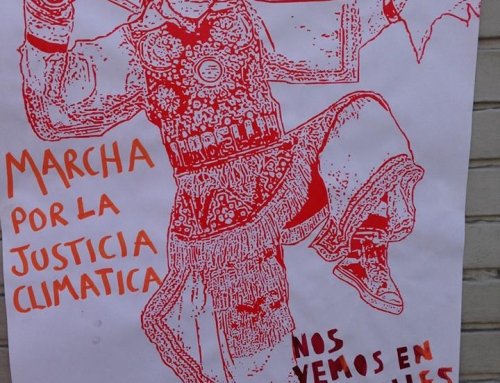
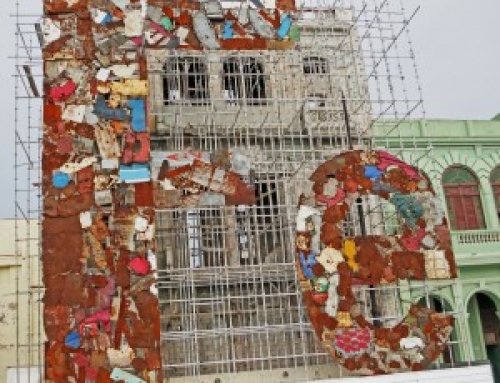
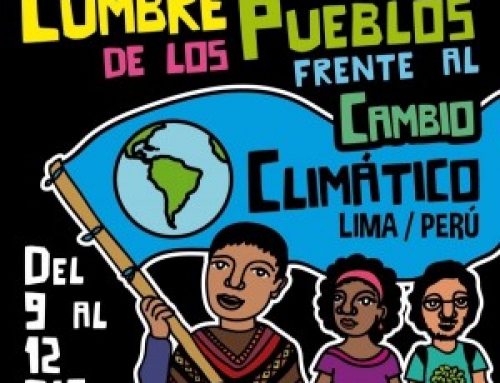
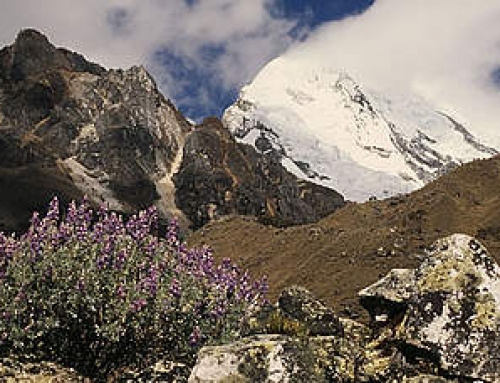

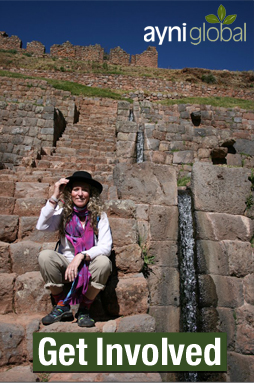
Leave A Comment